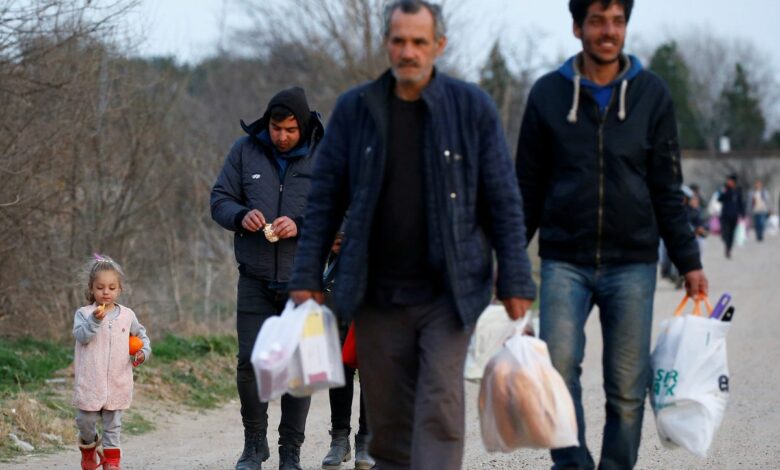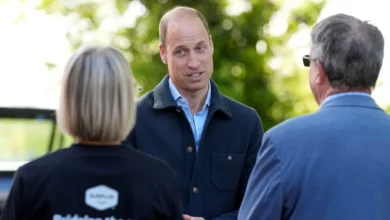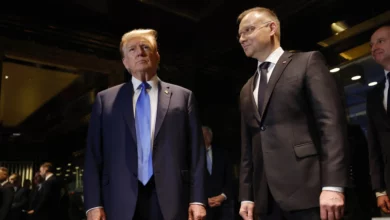
BRUSSELS, June 23 (Reuters) – The European Union is considering 3.5 billion euros ($4.18 billion) for Turkey to continue hosting Syrian refugees until 2024, two diplomats said on Wednesday, part of a bigger regional refugee support plan to stop migrants reaching the bloc.
The total 5.77 billion euro package for Turkey, Jordan, Lebanon and Syria, which goes to humanitarian projects and not governments, aims to prevent a new refugee influx into the EU and win time until the 10-year Syrian civil war eventually ends.
Turkey hosts some four million Syrian refugees and has spent more than $40 billion providing basic services but wants the EU funds to be paid directly to the government in Ankara.
EU leaders, perturbed by what they see as Turkey’s rising authoritarianism and deteriorating human rights record, are unlikely to accept that demand. They also accuse Turkey of using the migrants as a bargaining chip, which Ankara denies.
The 27 leaders are expected to support the funding proposal by the executive European Commission at a summit in Brussels on Thursday.
However, unlike a previous six-billion-euro round of funding that was partly paid for directly by EU governments, the money will come entirely from the EU’s common budget and so the European Parliament will need to give its approval.
That looks likely to reopen the EU’s tortured debate over relations with Turkey, which lawmakers have long accused of stifling media freedoms and imprisoning political opponents without proper trial, which Ankara also denies.
Under the original migration deal in March 2016, Turkey agreed to take back all migrants and refugees who cross the Aegean to enter Greece illegally, including Syrians, in return for more funds. For its part, the EU has promised to scrap the visa requirement for Turks visiting Europe and accelerate Ankara’s bid to join the bloc, although all talks have stalled.
EU leaders on Thursday will seek to revive them, offering Ankara “the EU’s readiness to engage with Turkey … to enhance cooperation in a number of areas of common interest,” according to a draft of the final summit statement seen by Reuters.
Foreign Minister Mevlut Cavusoglu met EU foreign policy chief Josep Borrell at the weekend to discuss migration, visa liberalisation and Turkey-EU ties. He told a news conference the EU must “return to the table” on negotiations with Turkey.
“We expect concrete steps from the EU now,” Cavusoglu said. “It’s been more than 1.5 years and we have not received a reply on these issues yet. We hope this summit will be a turning point and they should not stall Turkey.”
__
IMAGE: Migrants walk towards Turkey’s Pazarkule border crossing with Greece’s Kastanies, in Edirne, Turkey March 8, 2020.




